Spiritual Psychotherapy for Inpatient, Residential, and Intensive Treatment (SPIRIT) Training Program
Principal Investigator: Dr. David Rosmarin
The Spiritual Psychotherapy for Inpatient, Residential, and Intensive Treatment (SPIRIT) Training Program includes four components: SPIRIT training video, SPIRIT training manual, competency exam, and a practical component.
Background
Previously, we developed Spiritual Psychotherapy for Inpatient, Residential, and Intensive Treatment (SPIRIT, Rosmarin et al., 2019; Rosmarin et al., 2021), a spiritually-integrated, evidence-based protocol for psychotherapy groups within acute psychiatric settings (e.g., inpatient, residential, partial hospitalization). As part of the original iteration of SPIRIT, clinicians were trained via an ad hoc approach that provided clinicians with clinical materials with minimal supervision and oversight and without formal training. Although this approach proved feasible and acceptable, it was also characterized by several limitations. Specifically, the training of clinicians in SPIRIT was conducted via an ad hoc approach (i.e., minimal supervision, minimal oversight, and without formal training standards) in a single psychiatric hospital. As such, it was difficult to either disseminate SPIRIT or training in SPIRIT to other acute psychiatric hospitals and clinicians. Thus, we developed the SPIRIT Training Program.
Settings
Acute, inpatient, intensive psychiatric treatment settings
Populations
Groups
Testimonials
“My experience was very positive. Especially working in a clinic that is evidence- and skills-based and primarily behavioral. It felt like, finally, this [spirituality] is being addressed. It felt meaningful. Most of the time, my patients were like, oh thank God, this was the most personal hour I’ve had today. It really meant a lot to the people who wanted to have it [SPIRIT groups]. The content [of SPIRIT] lends itself to create connections.” — Feedback from a clinical psychologist
“Before the [SPIRIT] training, I felt apprehensive about being able to discuss spirituality with patients given my lack of background knowledge in various faith traditions. The SPIRIT training clarified that my role is to guide patients in connecting their spiritual experiences to mental health, rather than being expected to know every practice within each faith tradition. This training study made speaking about spirituality with patients feel much more accessible and I am now able to approach the topic with greater curiosity and ease. I also now feel more comfortable holding space for patients with very different experiences of spirituality. I have had groups with patients who held opposing or contradictory experiences in this domain. The SPIRIT training program taught me to take time to allow each patient to share their individual experiences while also structuring the group towards the common goal of increasing therapeutic skillfulness.” — Feedback from a residential counselor
Keywords
Spiritual; inpatient; acute; psychiatric; training; spiritually integrated psychotherapy; group
